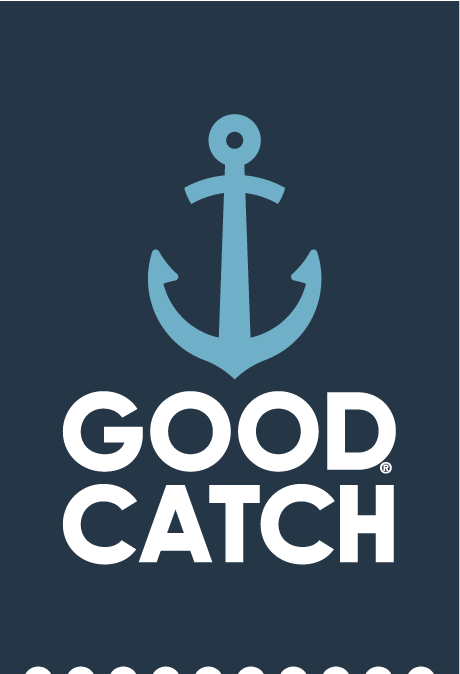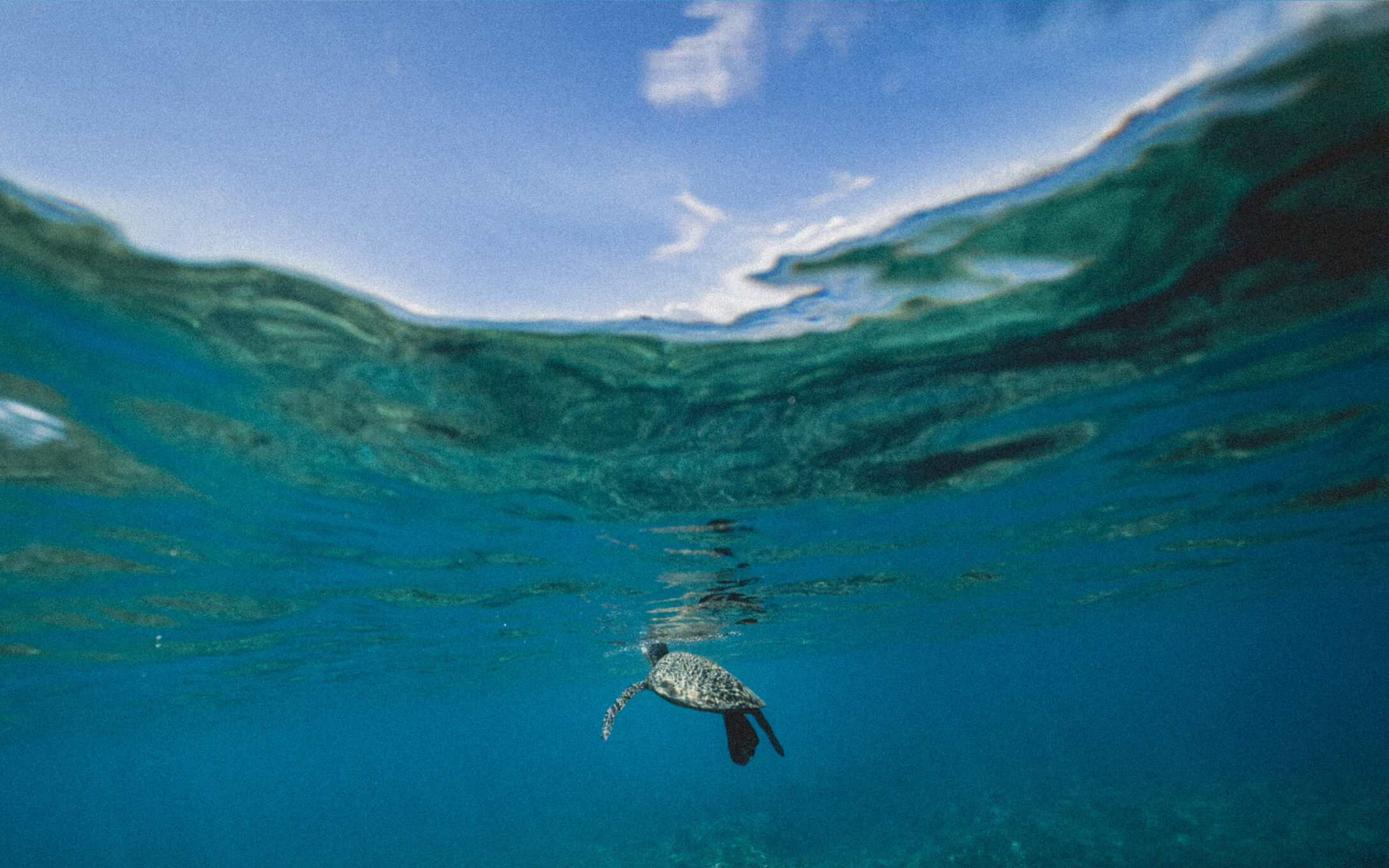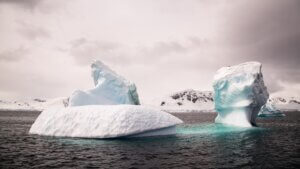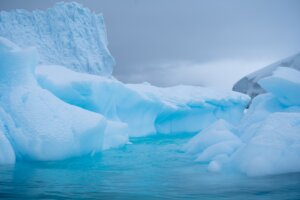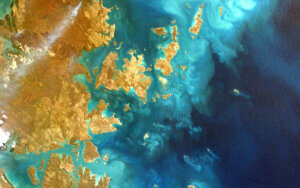The ocean covers about 71% of the Earth’s surface, so it’s no surprise that it’s integral to human and planetary health. The extent to which our well-being is tied to the health of the ocean, however, may be surprising.
The ocean supplies more than half of the world’s oxygen
Phytoplankton, the base of the marine food web, collectively produce at least 50% of all the oxygen in our atmosphere. In fact, marine photosynthesizers produce about twice as much oxygen as the planet’s rainforests. Scientists estimate that Prochlorococcus, a type of phytoplankton, provides the oxygen for one out of every five breaths that we take.
Unfortunately, phytoplankton is declining at a rate of about 1% per year due to warming waters and fewer available nutrients. Climate change mitigation will be key to preserving the microscopic organisms, which are simultaneously the lungs of the ocean and the base of the marine food web.
The ocean is a climate change mitigation powerhouse
Meanwhile, the ocean plays a crucial role in climate change mitigation. Kelp, which is considered the “Sequioa of the sea,” can grow quicker (up to 2 feet in a single day!) and sequester up to 20 times more carbon dioxide per acre than land-based forests. When great whales die, they sequester an average of 33 tons of carbon dioxide, equivalent to about 1375 average-sized trees. Phytoplankton capture more carbon dioxide than the Amazon rainforest- four times over! Just a 1% increase in phytoplankton productivity would sequester the carbon dioxide equivalent of about two billion mature trees (National Geographic, 2019).
Additionally, ocean waters absorb about a third of the carbon dioxide that humans emit into the atmosphere. While the ocean’s sequestration of carbon dioxide has been invaluable in slowing planetary warming, it has come at a cost. As carbon dioxide dissolves in the ocean’s water, it becomes more acidic. Ocean acidification erodes coral reefs, makes it harder for marine species to build shells and skeletons, and affects the behavior of some fish.
The ocean hosts 80% of the planet’s biodiversity
The ocean contains somewhere between 500,000 and 10 million species, many of them still unknown. An average of 2,000 species are newly described each year! Many marine species produce antibiotic and anti-inflammatory substances that play a critical role in medicinal products that help fight cancer, arthritis, Alzheimer’s disease, heart disease, and more.
Coastal ecosystems are a critical protective barrier
Coastal ecosystems minimize the impact of storms upon coastal communities. Mangrove woodlands, oyster reefs, seagrass beds, salt marshes, and kelp forests act as a natural breakwater, absorbing wave energy before it hits the shore. In recent years, it has become apparent just how important these ecosystems are in protecting the people who live on shore. In the 2004 tsunami in Southeast Asia, areas where mangroves were bulldozed for shrimp aquaculture were hit hardest by the waves. When Hurricane Katrina hit the Mississippi Delta in 2005, the region’s coastal wetlands were too degraded to buffer New Orleans’s levees from the storm surge. In order to minimize the impact of climate-related storms, which are becoming more intense and frequent, restoring and replanting coastal ecosystems will be imperative.
The ocean is an important foodway and lifeway for many
For millennia, the ocean has provided food security, economic security, and cultural tradition for coastal communities. In turn, many communities have been marine stewards, forming an interdependent, tightknit relationship with the ocean. As oceans become increasingly polluted, overfished, acidified, and degraded, poor communities of color and Indigenous communities bear the brunt of those impacts. For the roughly three billion people who rely on seafood as a primary source of protein, depleted fisheries lead to the loss of a crucial food source. For communities with sacred or cultural connections to the sea, polluted and overfished waters may sever ties to traditions that cannot be replaced. Ocean conservation works to preserve the foodways and lifeways of billions of people whose ancestors grew up in tandem to the ocean. Ocean conservation is environmental justice.
Act now to save our oceans
There are many ways, big and small, to begin taking action to help protect our oceans today. Support the legalization of kelp farming and movements that enable Indigenous communities to steward their coasts and waters. Vote for policies that prioritize ocean health and will accelerate the bold climate action needed to minimize ocean acidification and warming. One of the most impactful ways for individuals to help protect the oceans is by consuming less seafood. Good Catch plant-based seafood recreates the experience of real seafood — including amazing taste and flaky texture — so it’s never been easier to incorporate more plant-based food into each meal.
